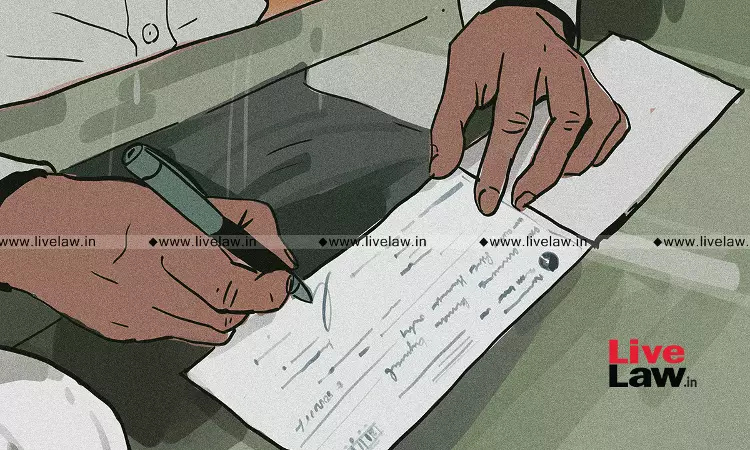Does Dismissal Of Complaint U/S 138 NI Act For Want Of Prosecution Amount To Acquittal U/S 256(1) CrPC?: Allahabad HC Refers Question To Larger Bench
Sparsh Upadhyay
18 March 2024 2:12 PM IST

Next Story
18 March 2024 2:12 PM IST
The Allahabad High Court has referred to a larger bench the question as to whether the dismissal of complaint u/s 138 of the Negotiable Instruments Act 1881 for want of prosecution will amount to acquittal u/s 256(1) CrPC, and same can be challenged in appeal u/s 378(4) CrPC or is that order revisable u/s 397 CrPC?A bench of Justice Arun Kumar Singh Deshwal referred the matter to a larger...
